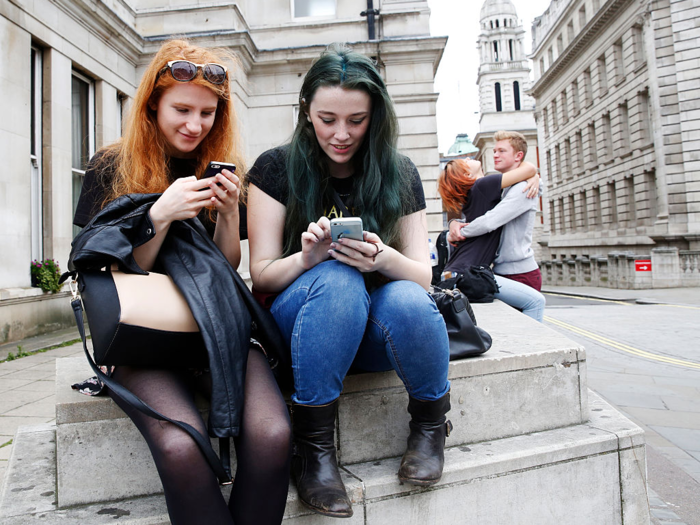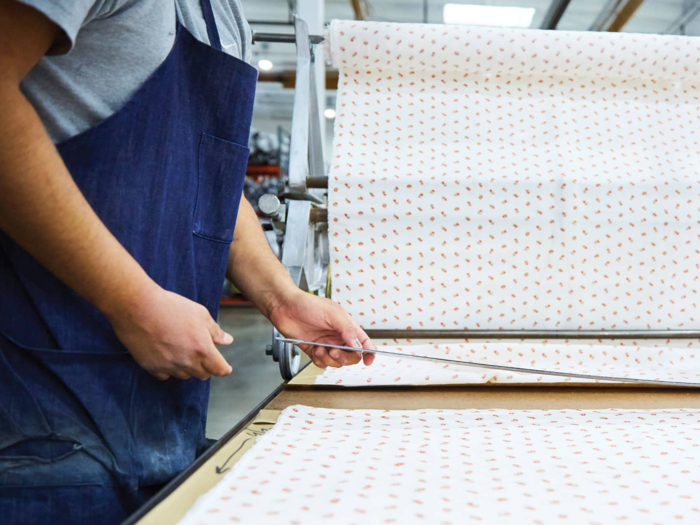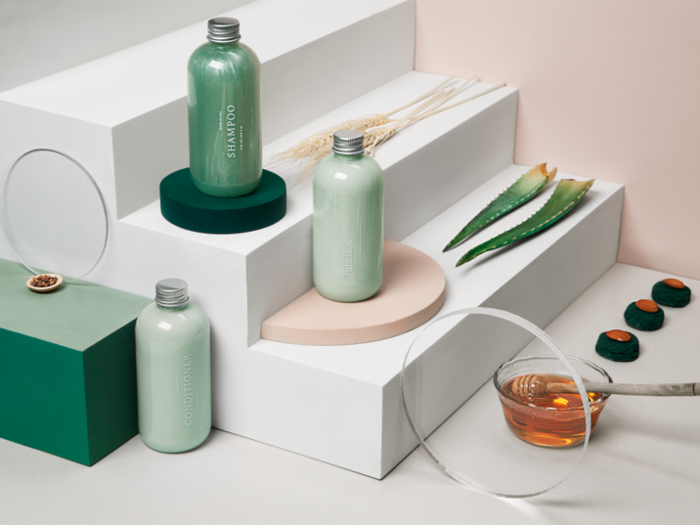- Home
- slideshows
- miscellaneous
- Beauty has blown up to be a $532 billion industry - and analysts say that these 4 trends will make it even bigger
Beauty has blown up to be a $532 billion industry - and analysts say that these 4 trends will make it even bigger
1. Traditional retailers experiment with beauty

2. Targeted pricing helps reach new demographics

As more retailers begin launching their own beauty brands, they have the benefit of controlling pricing to better appeal to specific demographics of shoppers. As a result, many are offering a wide range of price points: For example, H&M's beauty line starts at about $2 for wet wipes and goes up to $45 for a leather makeup bag.
Moving forward, Edited said brands will benefit from getting smarter about what millennial and Gen Z shoppers truly want when it comes to beauty.
"The beauty industry is becoming increasingly dominated by millennials who are willing to spend on good quality products and this knowledge is utilized with targeted price points," the analysts wrote.
3. Increased transparency

Beauty brands are beginning to take a page from the playbook of apparel companies like Everlane, which has gained support for its "Radical Transparency" model that lists the sources and origin of materials and the true cost of manufacturing.
The Edited report notes that startups and direct-to-consumer companies have an advantage due to their ability to more easily experiment with transparent models, and it cited Beauty Pie, a new luxury skincare subscription company. Beauty Pie members receive a full pricing breakdown of every product, as well as lower prices as a result of cutting out the middleman.
4. Sustainable alternatives

The clean beauty movement continues to gain traction, as more shoppers seek out products free from toxins and other harmful ingredients. Paired with federal protocols like the Personal Care Product Safety Act — which was passed in May 2017 and gives the FDA further oversight to regulate cosmetics and personal-care products — brands are more cautious about what they use in their formulas and many are introducing features like recycled packaging for the first time.
"Sustainability is becoming increasingly important to transparency-minded customers who want to know where our products come from and how they are made," the analysts said in the report.
"No longer can beauty giants get away with wheeling unsubstantiated claims as they once did, and brands are properly doing their research in respect for their wised-up customers."
Popular Right Now
Advertisement